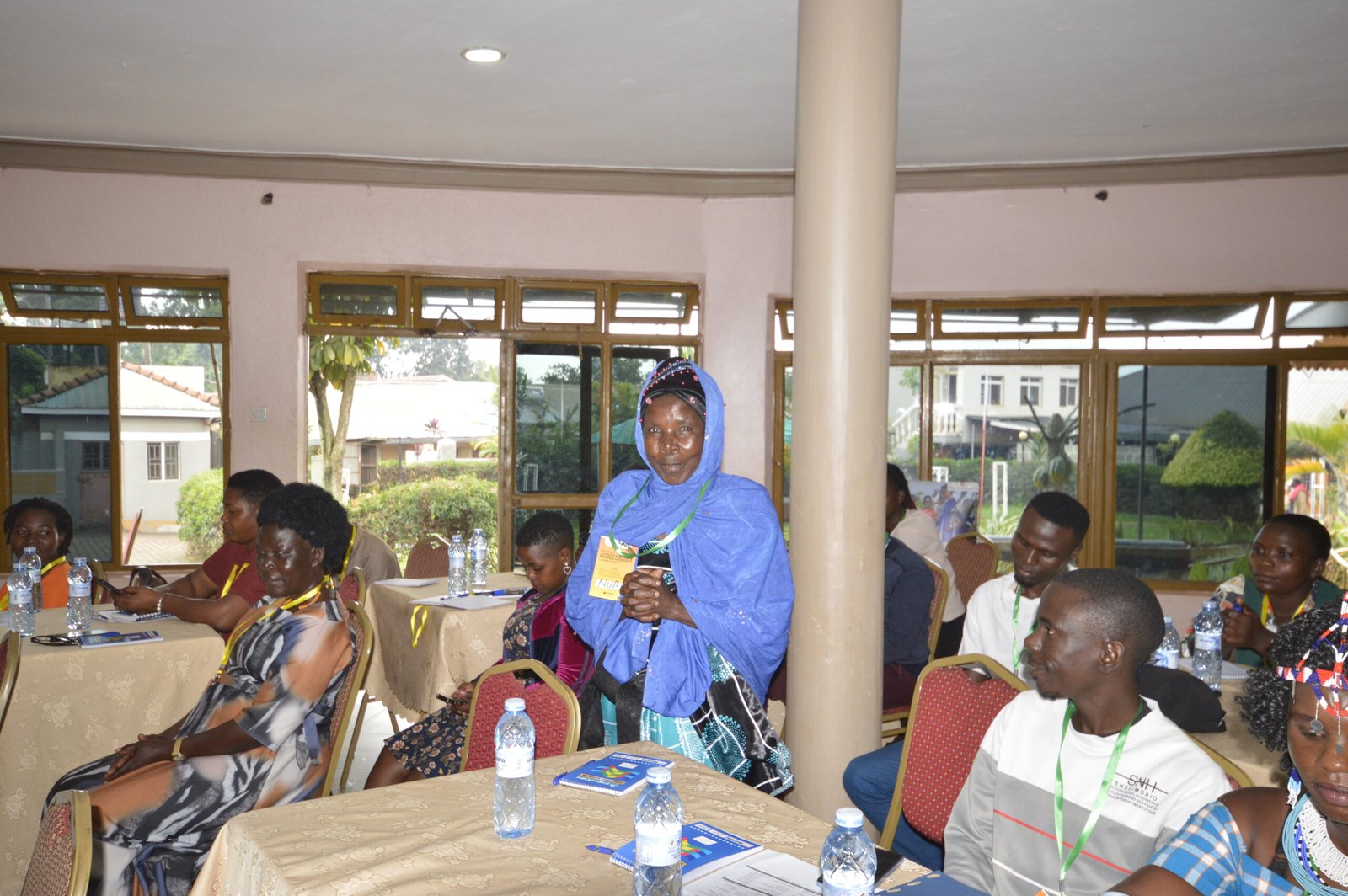Agroecology Practitioners Engaged in the Slow Food Uganda 3rd Annual Agroecology Learning Exchange
From February 13th to February 15th, 2024, the 3rd annual Slow Food Uganda agroecology learning exchange was held to upscale and enhance agroecology transition among communities in Uganda through peer-to-peer learning. Under the theme “Fostering connections for resilient food systems through agroecology”, this year’s exchange was held in Mukono and Buikwe districts to expose participants from different backgrounds, regions, and cultures to different agroecological principles and practices in order to amplify concrete implementation of agroecology in their communities. Among the participants were Slow Food community representatives, partner organizations, researchers, indigenous people, farmer representatives, consumers, government representatives, local actors, CSOs, media, and cooks who exhibited potential to transform their communities to follow agroecology principles while practicing agriculture.
The 3-day event involved field visits, panel discussions, a gallery walk, and networking sessions. This was a learning journey where participants were exposed to different experiences that included knowledge sharing, insights, and ideas on how to amplify agroecology for sustainable food systems.
The methodology of the learning exchange invited a number of activities that engaged participants on the first day; it also brought different presenters with presentations that impacted change among the participants. It was a day for sharing experiences through open panel discussions, gallery walks, and networking.
Edward Mukiibi, President of Slow Food International, in his opening remarks, appreciated the participants for attending such a notable learning exchange. He highlighted the importance of coming together as actors in agroecology to assess its values in building a resilient food system.
Mukiibi advised the practitioners to be mindful of the technological advancements in the agriculture sector that come with modernization. “Today we have a system that is making all the agriculturalists wake up facing the east looking for manufactured chemicals, and this has been the business since the inception of the green revolution. This is due to the increase in the world population impacting the use of agricultural land, and the technology in production has increased and improved to the extent of producing GMOs,” said Mukiibi.
To support the practical application of agroecology, a panel was formed with six members from diverse professional and personal backgrounds. These panelists shared their experiences and thoughts on how to enhance agroecology.
During the panel discussion, several important issues were raised by the participants. Mr. Diphus Kiguli, a media practitioner, highlighted the challenge of media bias influenced by advertising revenue, making it difficult for organic promoters to compete for space. Doreen Kalungi, an educationist, emphasized the shift from using agriculture as a punishment for pupils to using it as an educational tool for making informed food choices. Derick Kavuma, representing the youth, expressed concern about the disconnect between youth and land, noting that many young people tend to sell their land for quick gains, posing a threat to agriculture. Additionally, Gloria Napeyok, an indigenous youth from Karamoja, shed light on the vulnerabilities faced by indigenous people in the region due to land occupation and related conflicts. The panel also included farmer and partner representatives who appreciated the efforts of Slow Food Uganda in promoting agroecology through learning exchanges. The gallery walk, a part of the agroecology learning exchange, provided participants with an opportunity to share and learn from each other’s experiences, fostering knowledge and skills exchange to be implemented in their respective communities.
Additionally, the exchange included field visits to various farms in Buikwe district. Participants were split into two groups, with one group visiting the Yard Impact Center for Skills Development in Nyenga Town Council Buikwe district, and the other group touring Ksam Farm Limited in Kizigo Buikwe district. These visits provided participants with valuable hands-on experience and the opportunity to enhance their understanding of agroecology, enabling them to apply this knowledge within their own communities. Notably, the exchange visit also marked the launch of the Ksam Slow Food Community Garden, aimed at mobilizing local residents to collectively engage in agroecological practices.
Agroecology Learning Exchanges (ALEs) are a platform where people of different professions, experiences, ages, and cultures from different agroecological zones engaged in the food system exchange knowledge and ideas on how to amplify agroecology for a sustainable food system. Smallholder farmers that play a big role in promoting agroecology are also engaged, and such interventions help them understand better how resilient, economical, healthy, and rewarding agroecology is to reduce the risk of being driven away by the unsustainable conventional system.
These platforms are organized annually by Slow Food Uganda to enable participants to better understand the principles of agroecology, network, and practically understand agroecological practices, and this year’s edition brought together agroecology practitioners from all walks of life to share insights on how agroecology can be up scaled.







